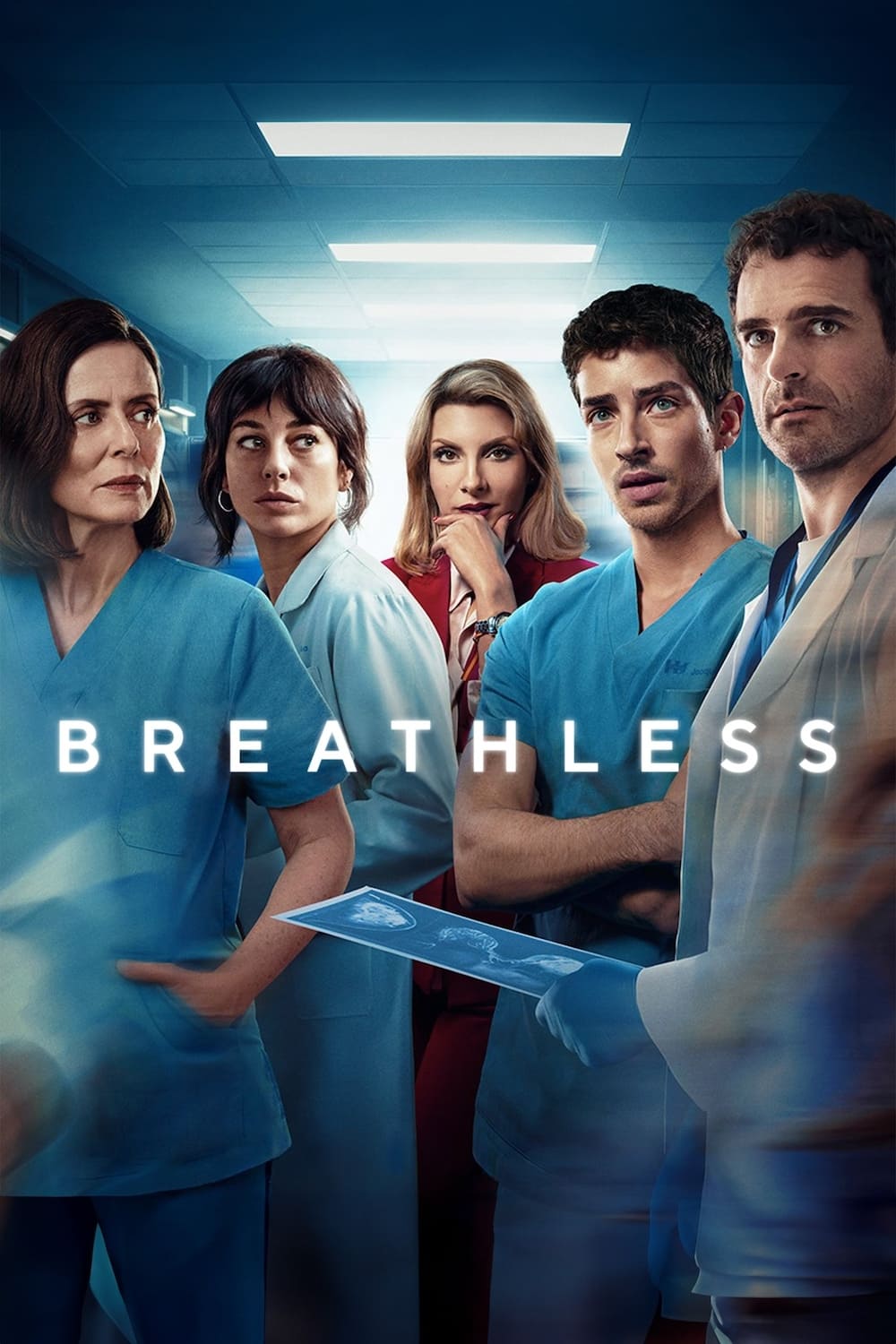
A passionate medical team is devoted to saving lives in a bustling public hospital where tensions — and romance — keep their pulses racing.

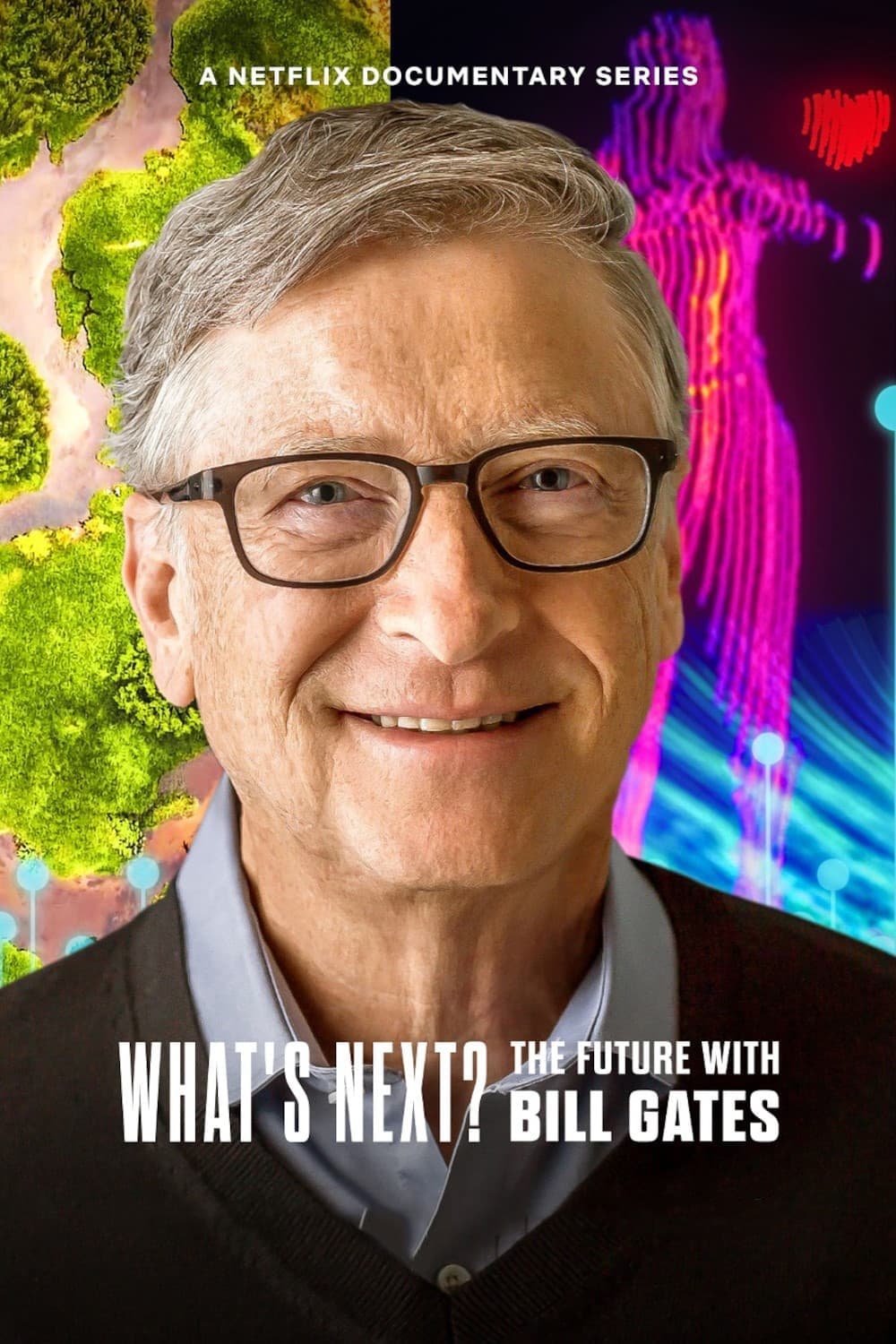
Join visionary philanthropist Bill Gates as he delves into pressing global issues and uncovers cutting-edge technologies that will transform the world.
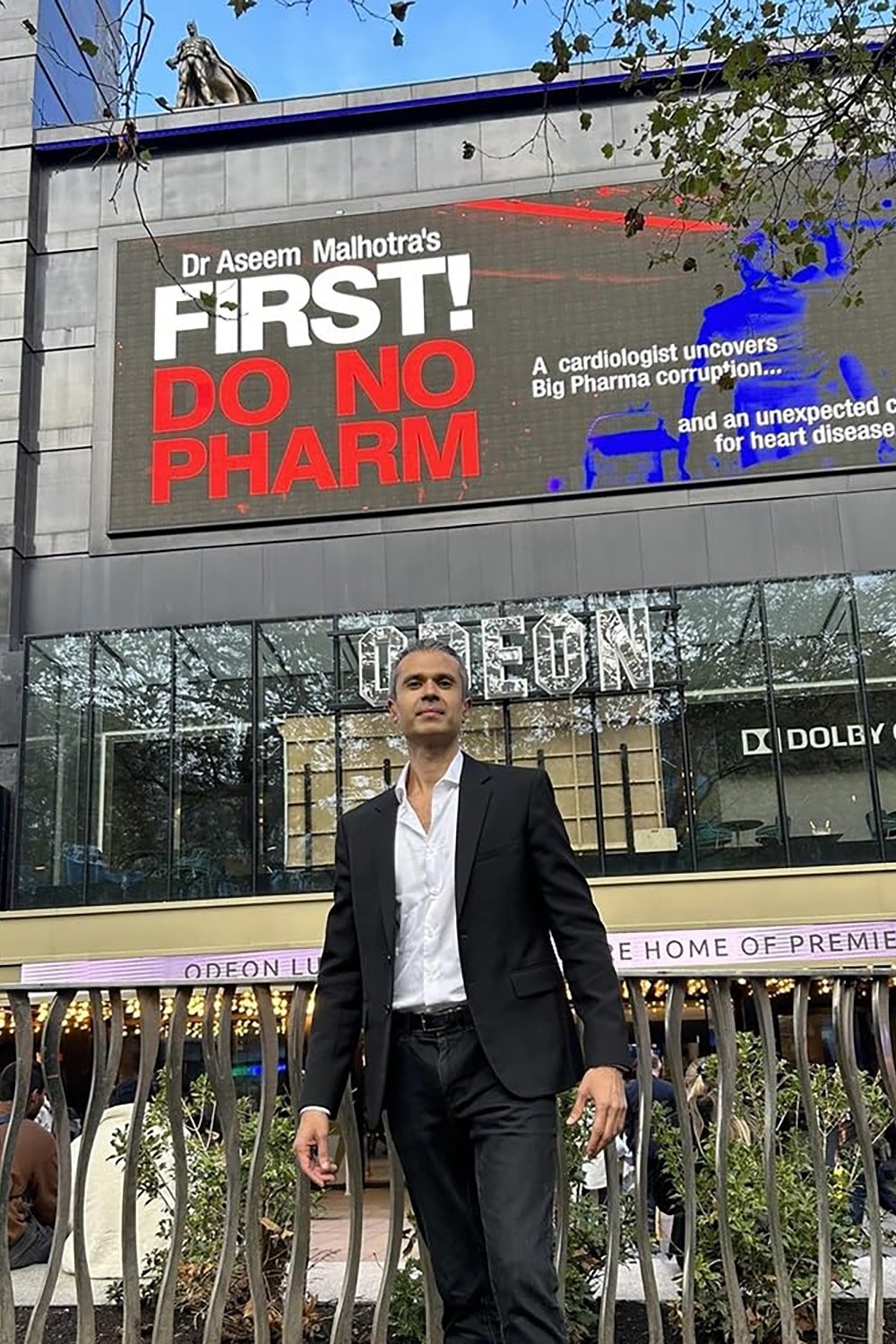
We have had too much medicine for too many years. The time to act is now. How one doctor's fight against corporate greed led to an ancient, life-changing solution for heart disease.
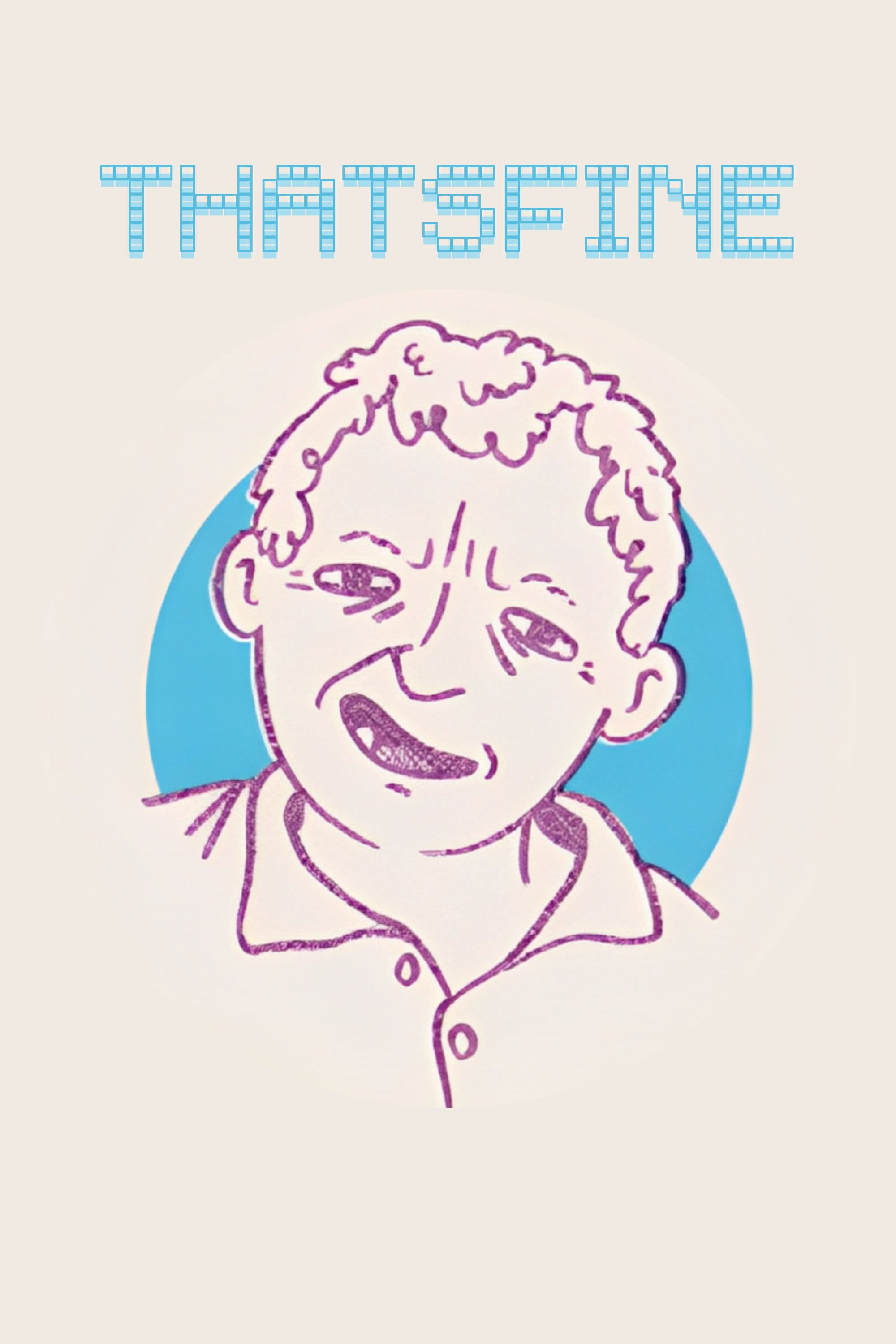
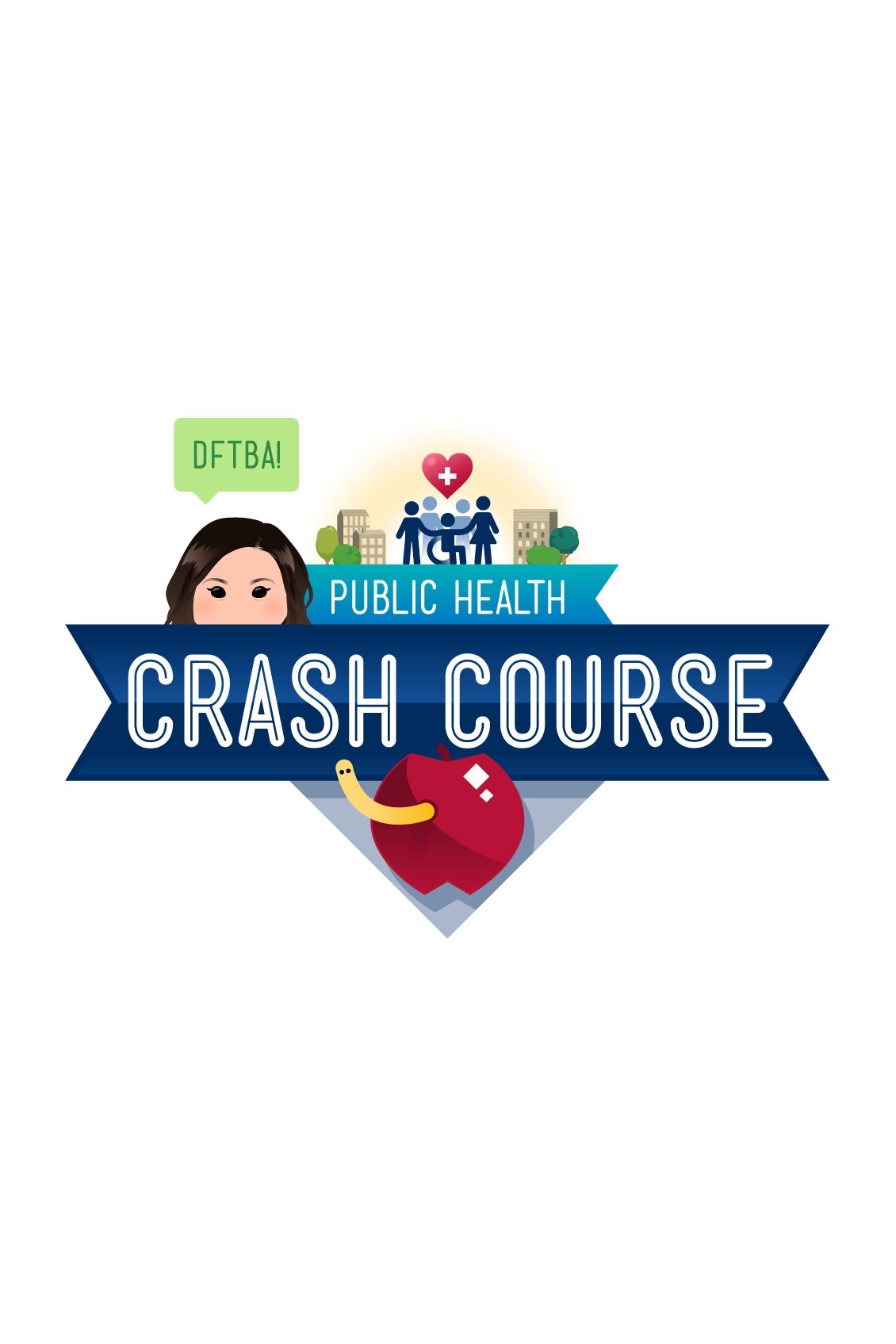
Public Health is so much more than just washing your hands, adhering to smoking laws, or wearing your seatbelt -- although it is those things too. Broadly, public health is an approach to preventing disease, prolonging life, and promoting health for everyone. So over the course of this series, we'll show you the many ways the story of your health isn’t just about you, and how it’s about so much other stuff like the social, economic, and environmental conditions that impact all of us.
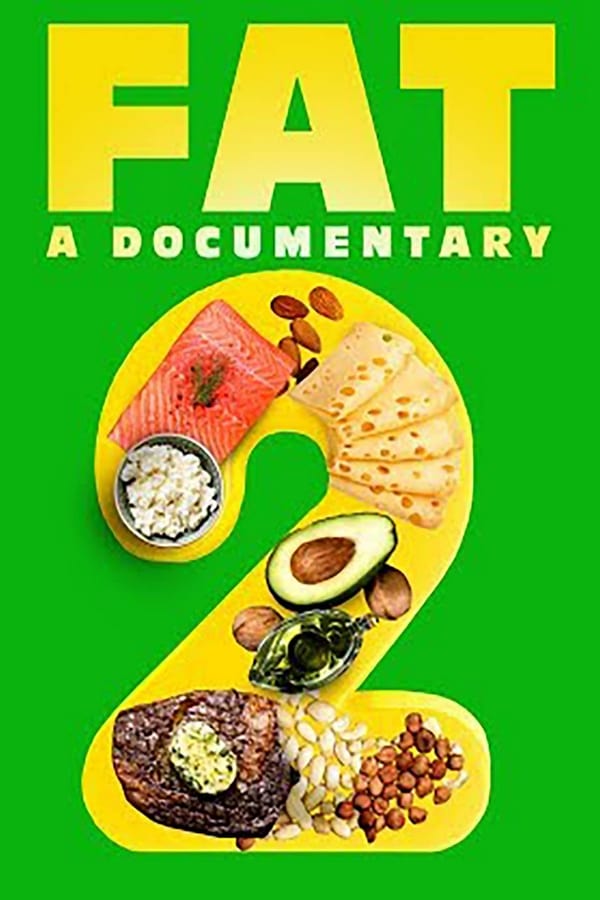
FAT: A Documentary 2 is the sequel to the international sensation that delves deeper into the lies and myths surrounding the age old question: "What should I be eating?"
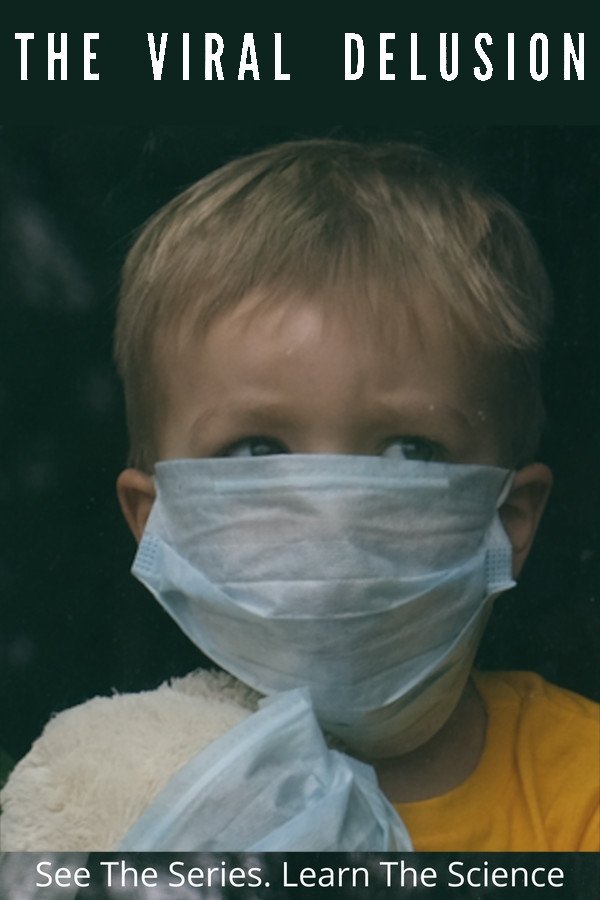
n 2019, the virologists took center stage, and for the first time on film, their methods, miscues and tragedy they have wrought are put under the spotlight, revealing the extraordinary leaps of fantasy buried in their methodology, the contradictions quietly acknowledged in their papers, their desperate effort to change language to justify their findings, the obvious incongruence of their conclusions and the extraordinary stakes for our entire society in whether we continue to blindly follow their lead into a full-scale war against nature itself.
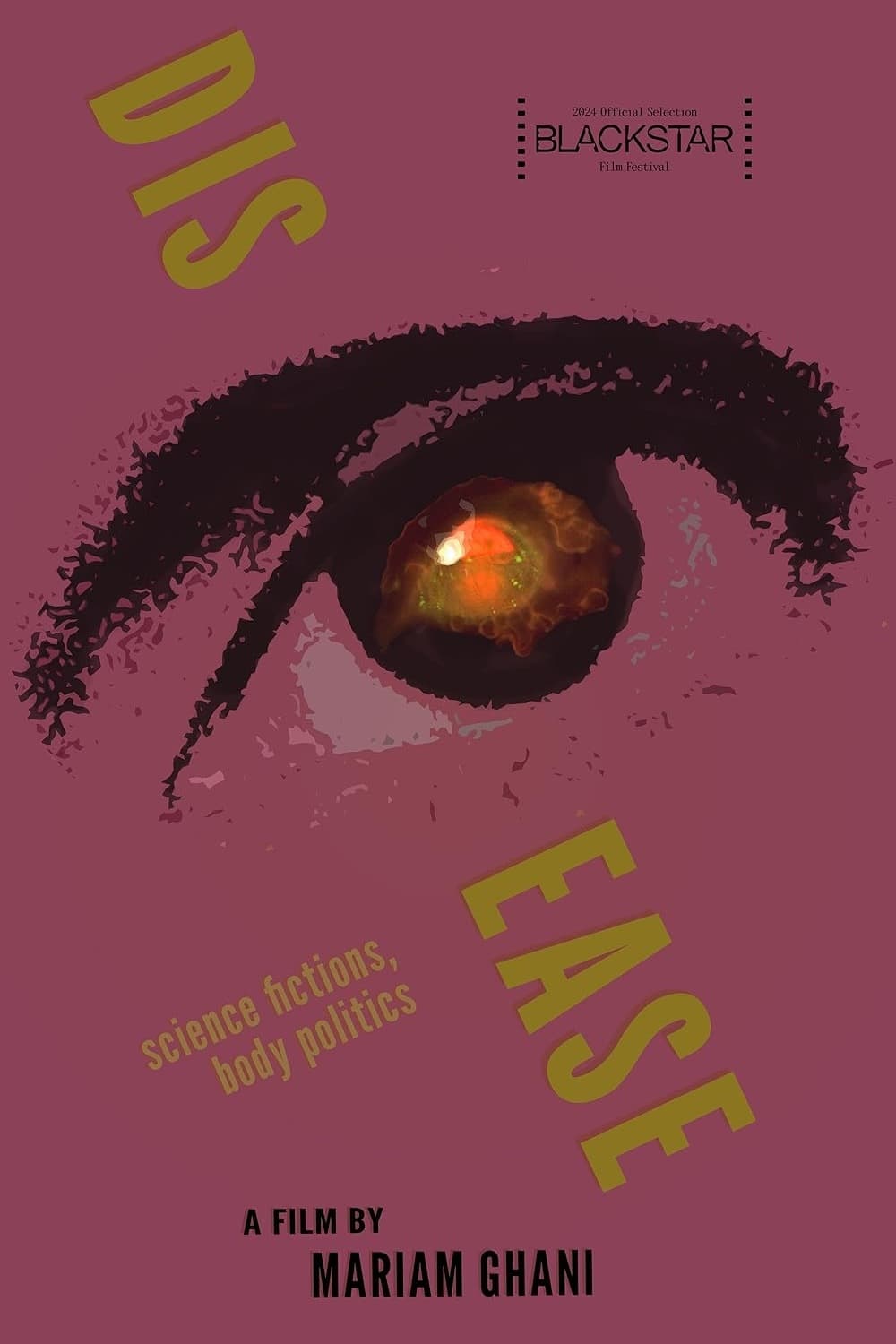
DIS-EASE is a feature-length documentary about how we imagine disease, and how that affects what we do when we encounter illness, outbreaks, doctors, treatments, and disability in real life. It dives deep into the weird, wild archives of medical imaging, public health messaging, and pop-culture outbreak narratives to understand how ideas have moved between science, science fiction, and political ideology over the past century. (Yes, this is a film that covers both antibiotic resistance and the persistence of zombie apocalypse films.) Ultimately, DIS-EASE is a provocation to re-think how we define both the "public" and "health" in public health - who is included, what counts as care, and what it means to be sick or well in a world perpetually on the brink of collapse.
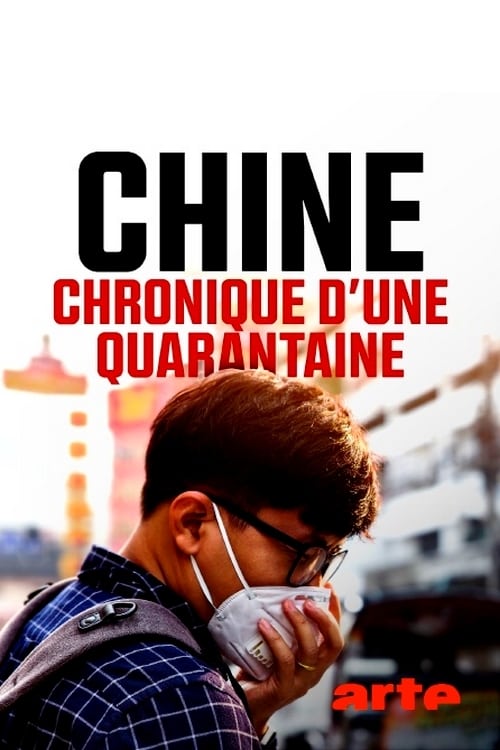
Beijing, China, 2020. Empty streets, mandatory masks, checkpoints, the entire state apparatus used to impose severe restrictions on population movements. An entire country quarantined to fight a fierce epidemic…
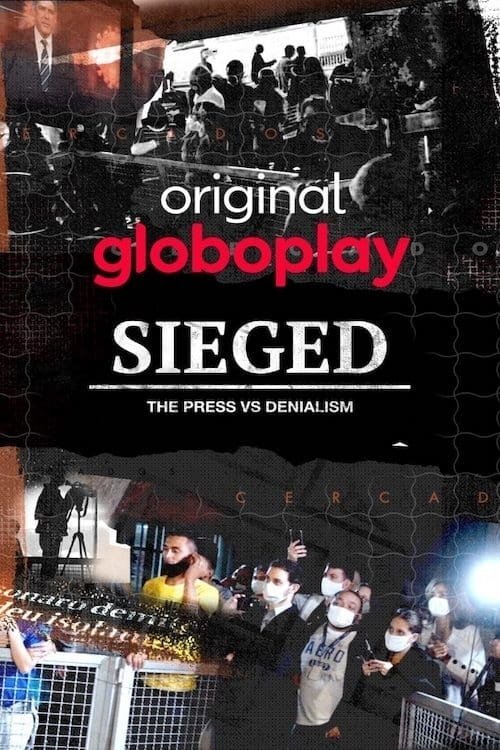
Behind the scenes of news coverage during the pandemic. Follow the work of the professional press in a fight against denialism.
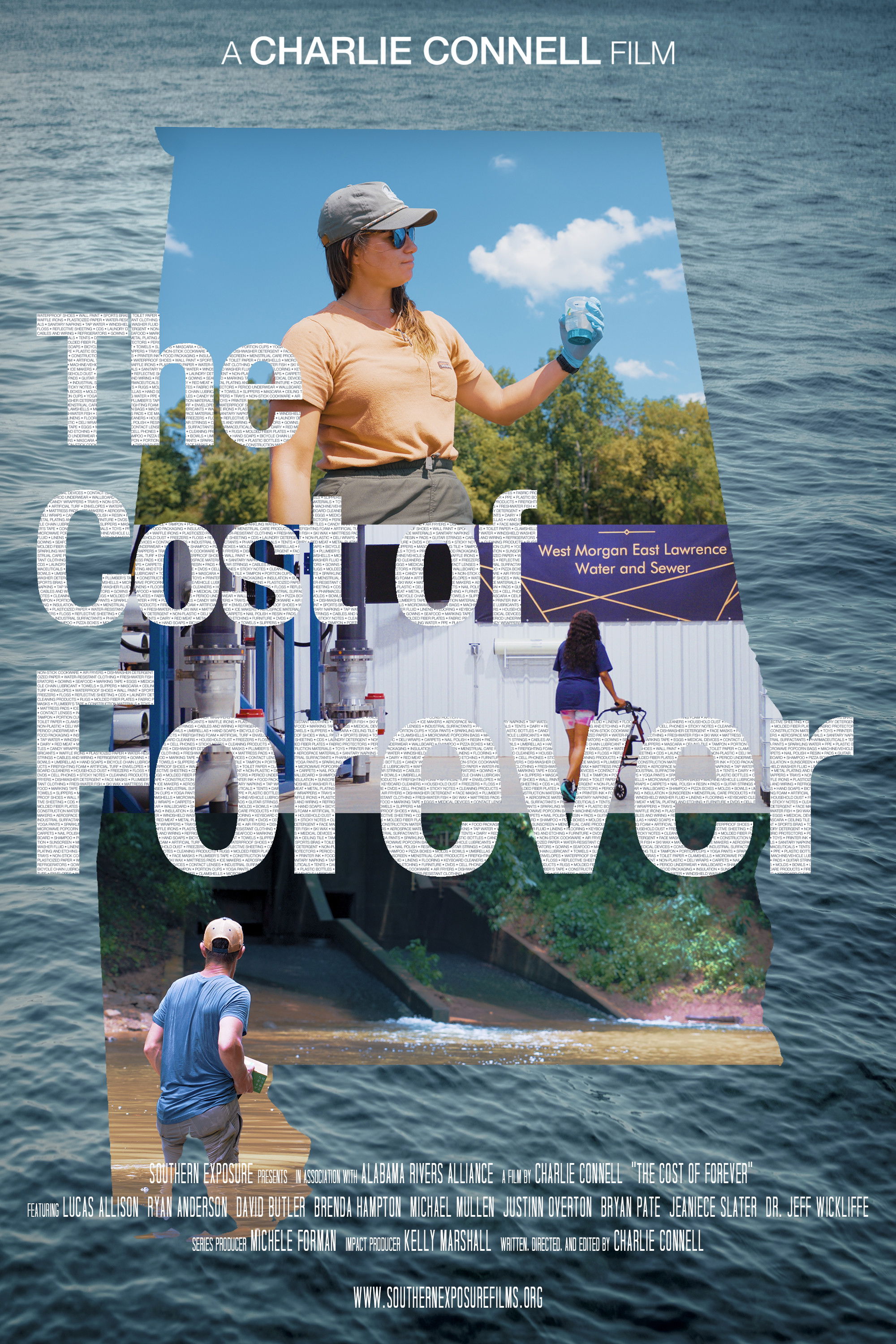
In "The Cost of Forever", we uncover the hidden and costly dangers of ‘forever chemicals’ in our rivers and drinking water sources, following Riverkeepers and water protectors as they strive to protect communities—and themselves—from PFAS contamination.
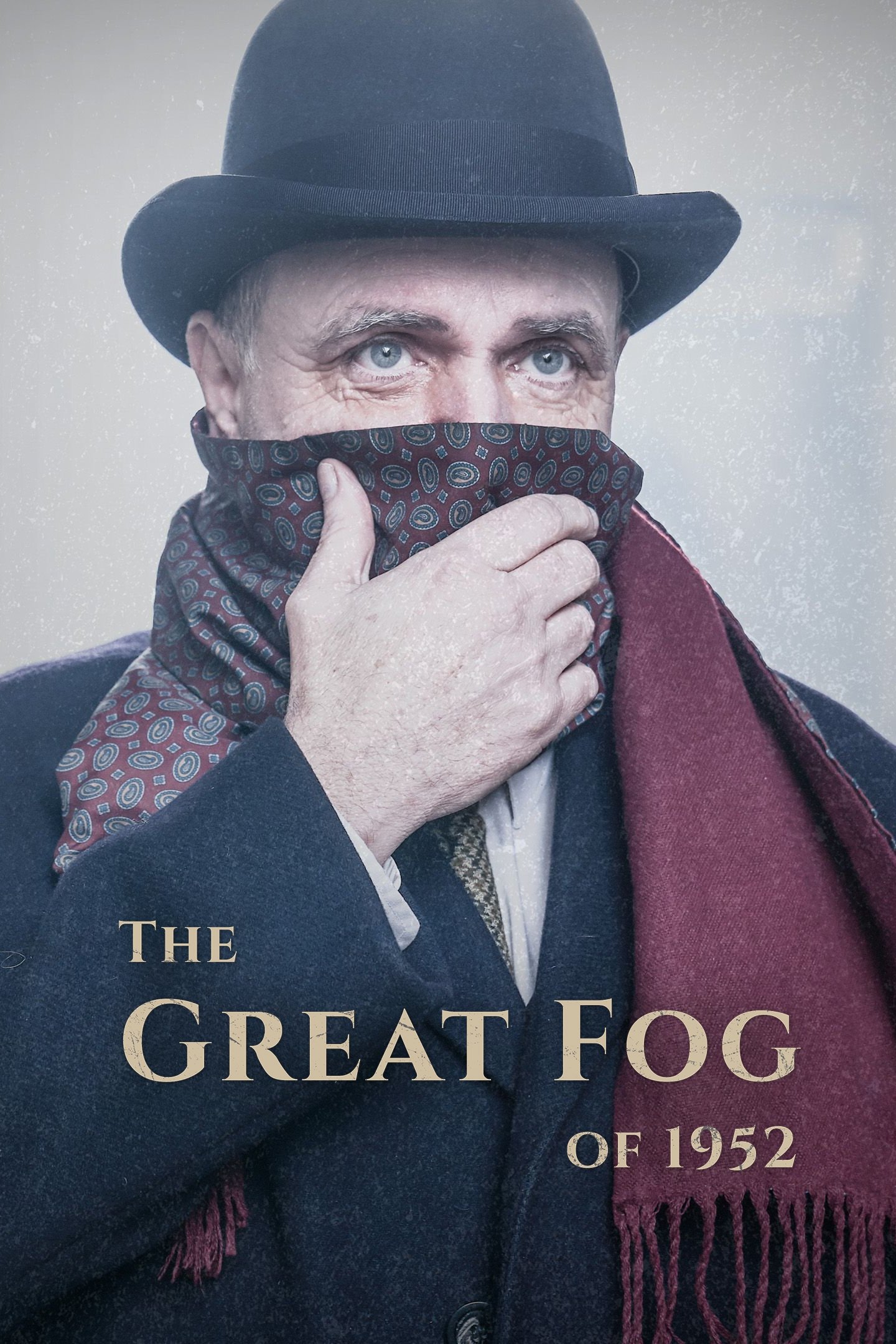
In the 1950s, a devastating fog descended on London and enveloped the capital for several days, leaving Londoners lost in their own streets in one of the UK's biggest peacetime catastrophes.
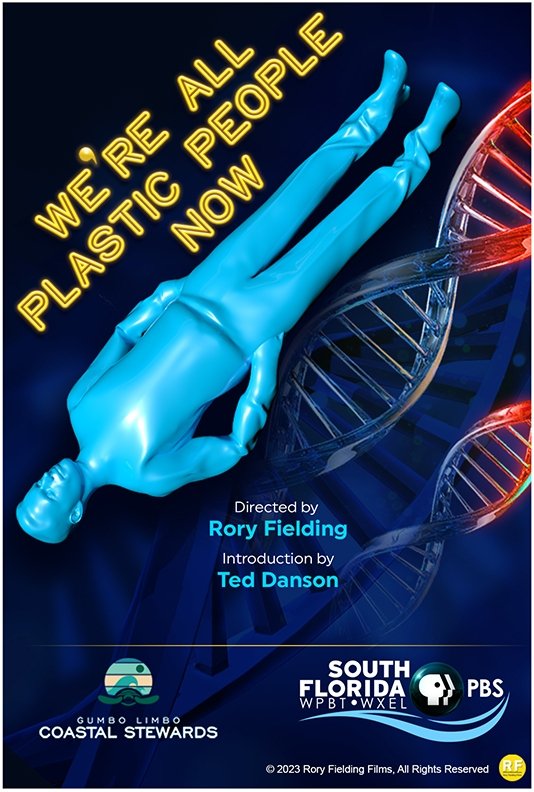
In an era of throw-away ease, convenience has cost us our well-being. Plastics have been found inside our bodies— in our colons, our brains, and even in mothers’ developing wombs. Scientists around the country are sounding the alarm, but without public buy-in, there is little that can be done. How much evidence do we need before we decide to take action?

The new medical director breaks the rules to heal the system at America's oldest public hospital. Max Goodwin sets out to tear up the bureaucracy and provide exceptional care, but the doctors and staff are not so sure he can succeed. They've heard this before. Not taking "no" for an answer, Dr. Goodwin's instinctive response to problems large and small is four simple words: "How can I help?" He has to disrupt the status quo and prove he'll stop at nothing to breathe new life into this underfunded and underappreciated hospital, returning it to the glory that put it on the map.
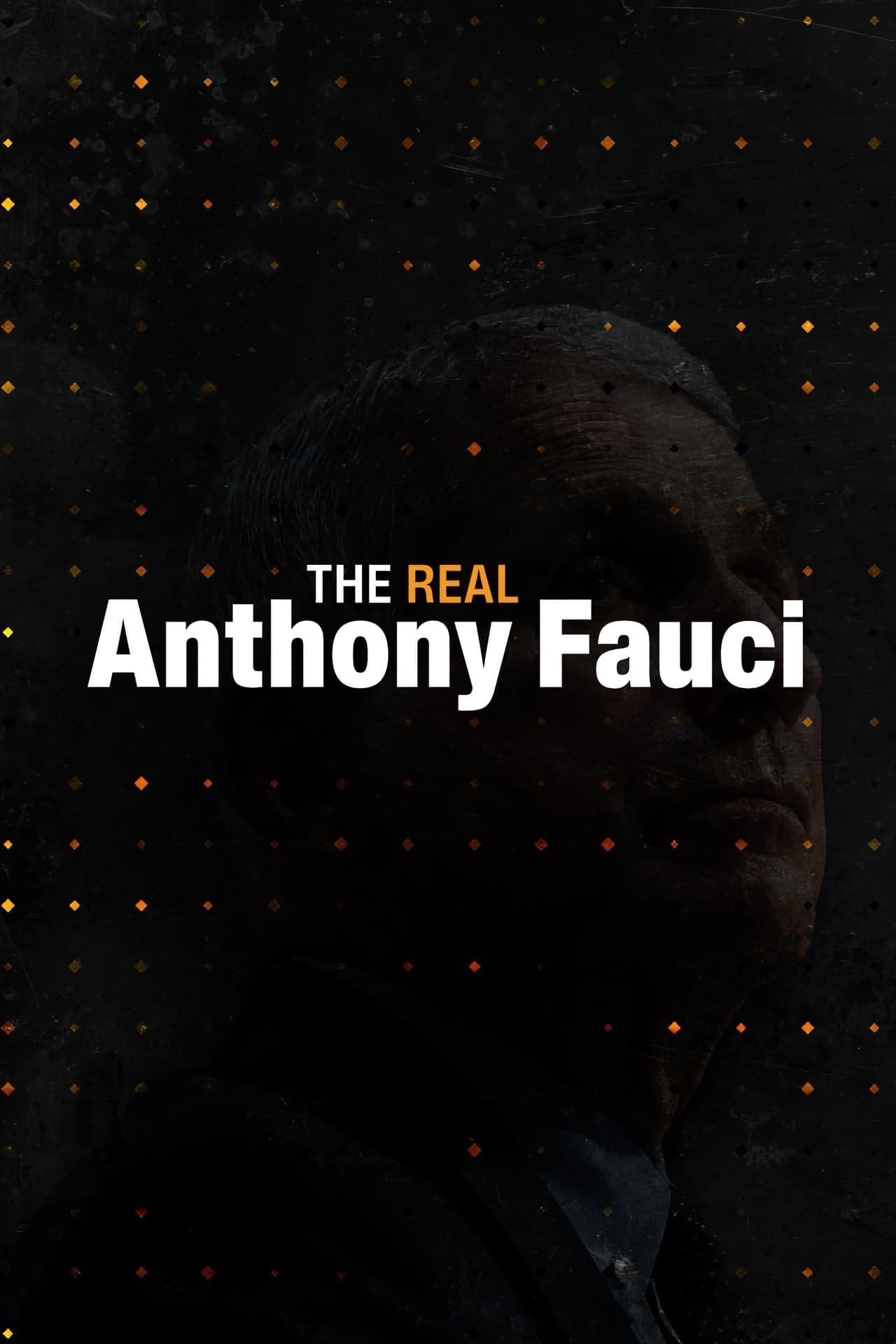
Different experts make a stand against today's putatively criminal and harmful health system, focusing on Anthony Fauci and his role in the shaping of the AIDS and COVID-19 epidemics.
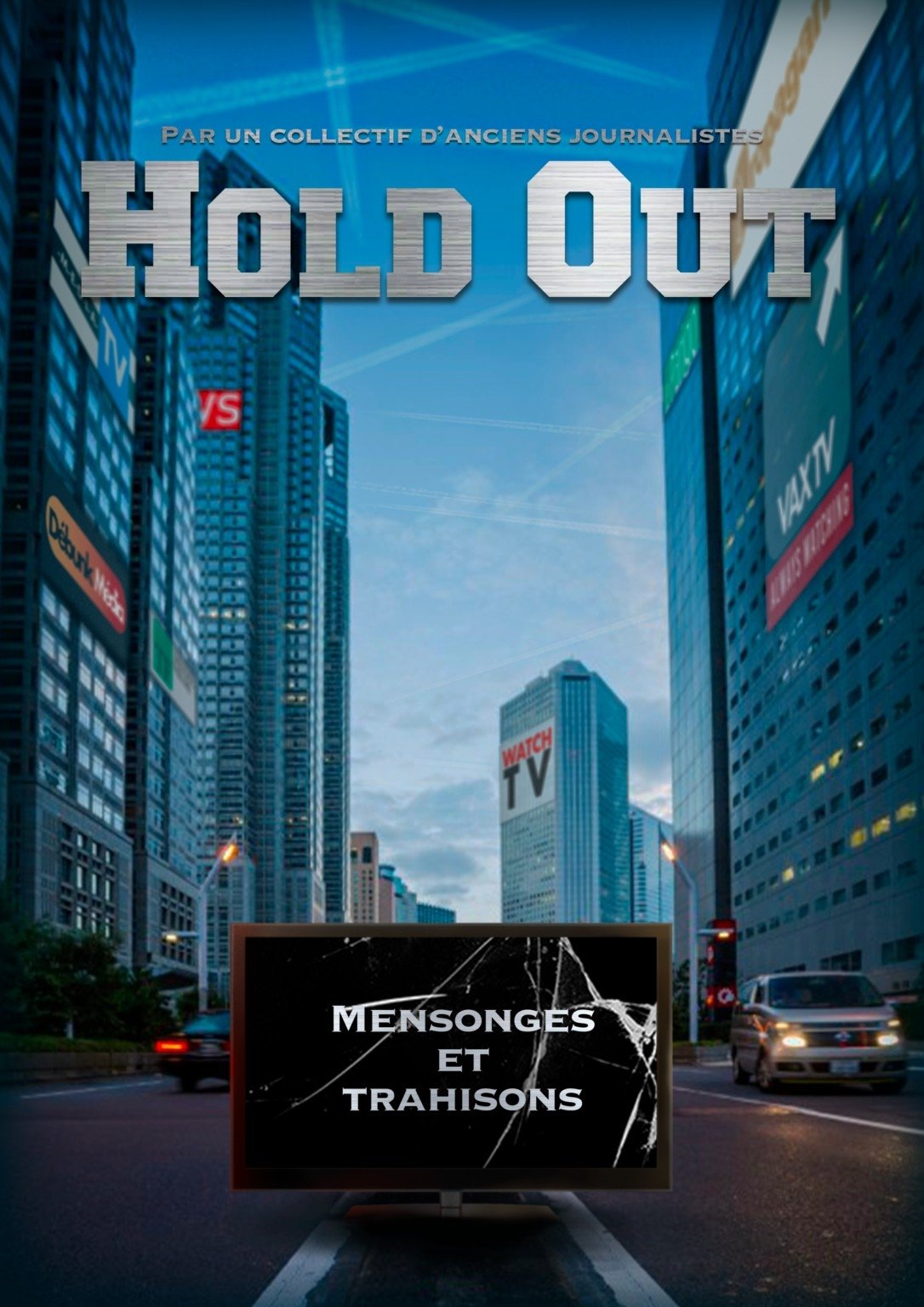
End of a trilogy started with Hold up and continued with Hold On, Hold out questions the official narrative about the COVID-19 pandemic.
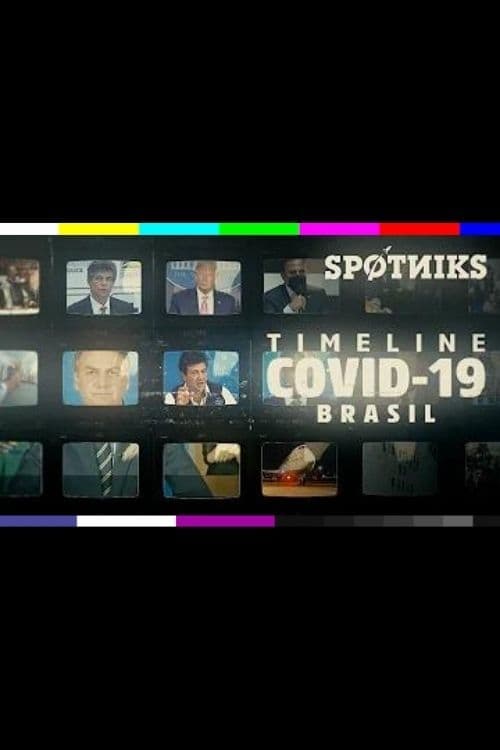
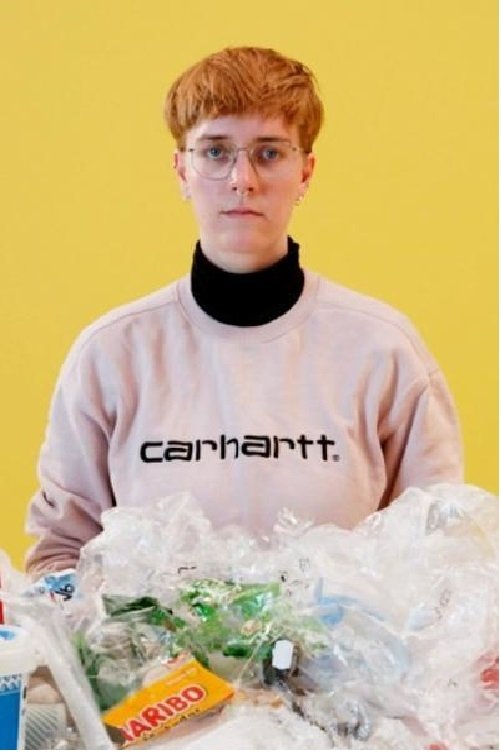
As the use of plastic has gained ground in our lives over the years, there has been an inexplicable increase in a number of diseases and disorders amongst the population. In this film as part of the Why Plastic? series, we meet leading researchers looking into the reasons for these disorders. We also follow case studies of people suffering from various health conditions thought to be caused by exposure to certain every day materials including plastic. Are these people the victims of unfortunate coincidences - or is there an explanation?
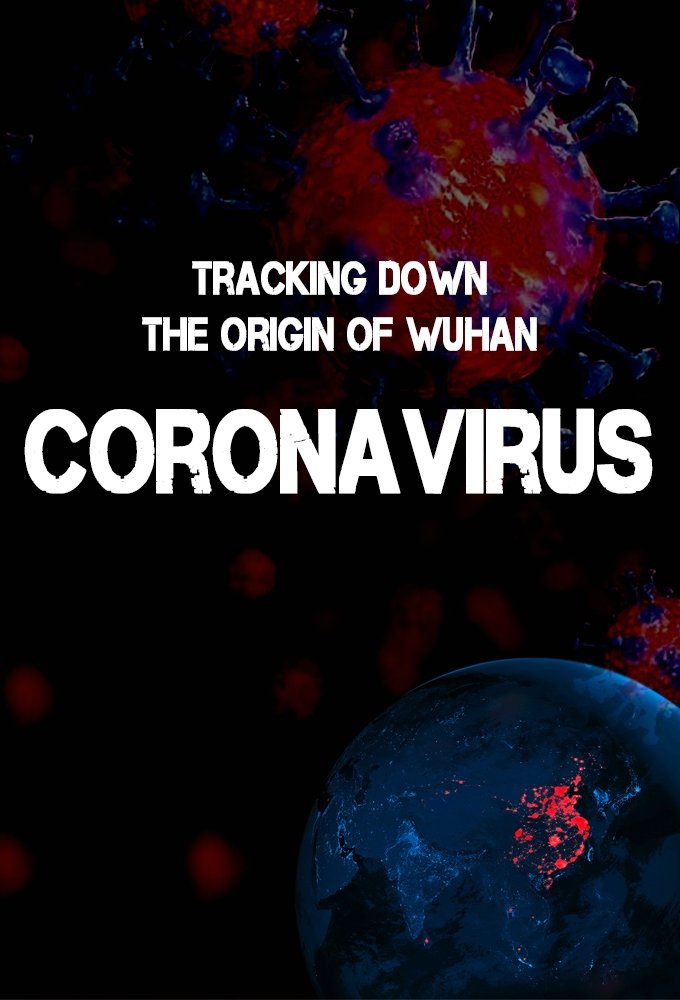
Investigative journalist Joshua Philipp examines the origins of the COVID-19 pandemic, caused by the SARS-CoV-2 virus, covering events from late December 2019 to early April 2020.
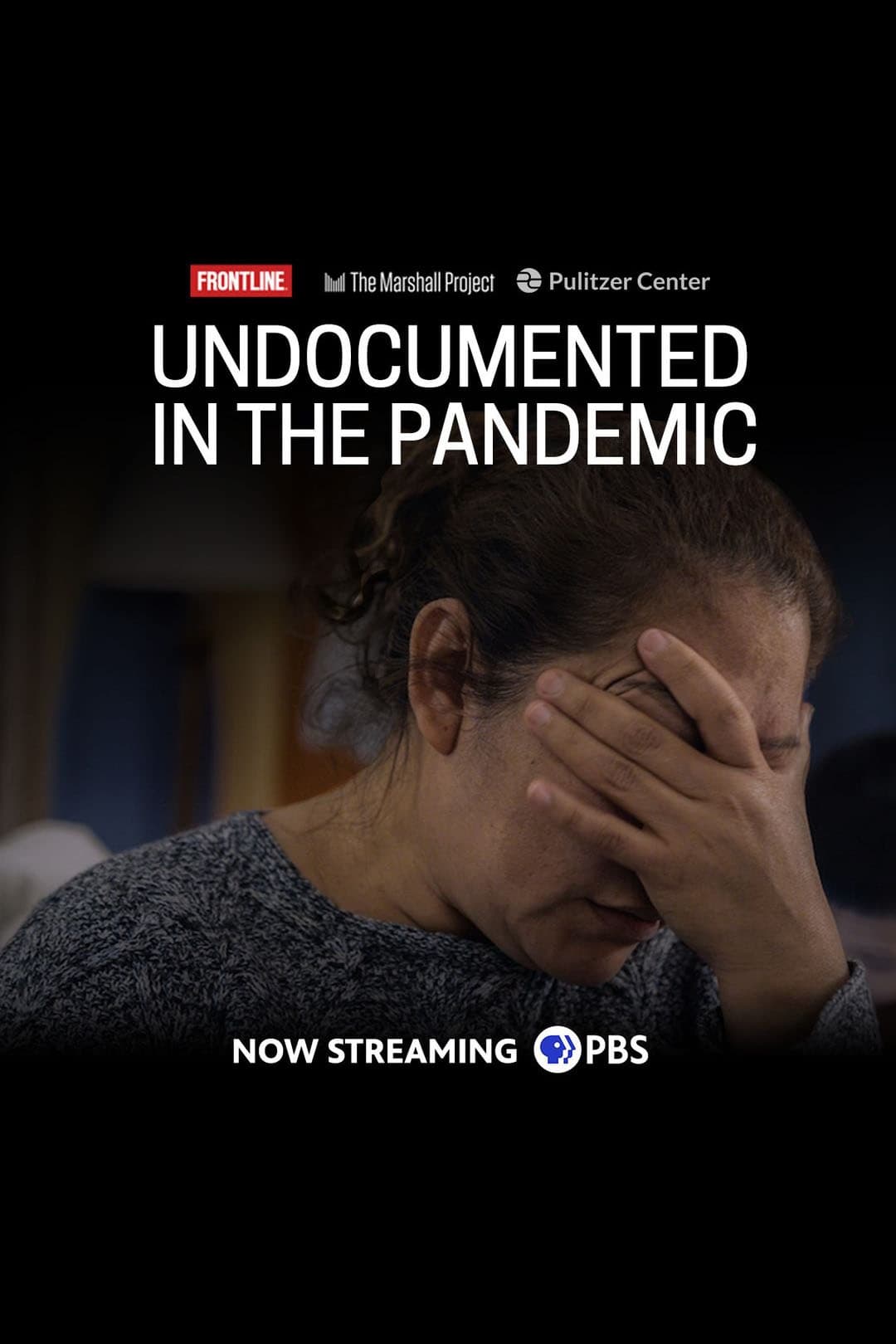
With The Marshall Project and the Pulitzer Center, a look at one immigrant mother’s struggle to keep her children safe and housed, with her husband detained by ICE in a facility where COVID is spreading. Also in this two-part hour, Love, Life & the Virus.
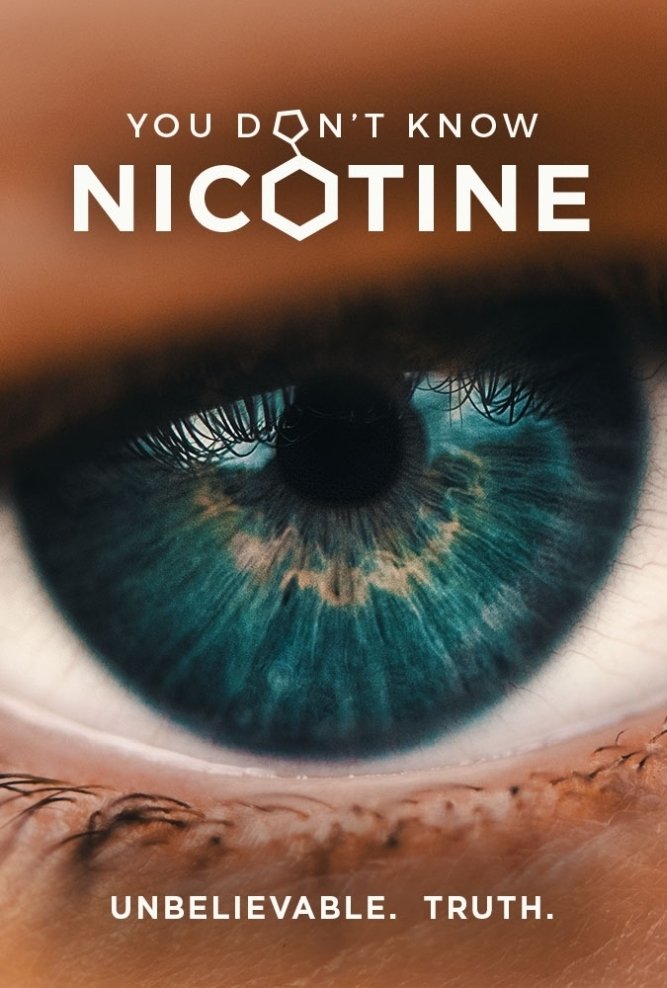
Amidst radical changes in nicotine use globally, one filmmaker's journey through the confusion & fear leads to a startling discovery about Earth's most hated stimulant. Society may be changed forever.
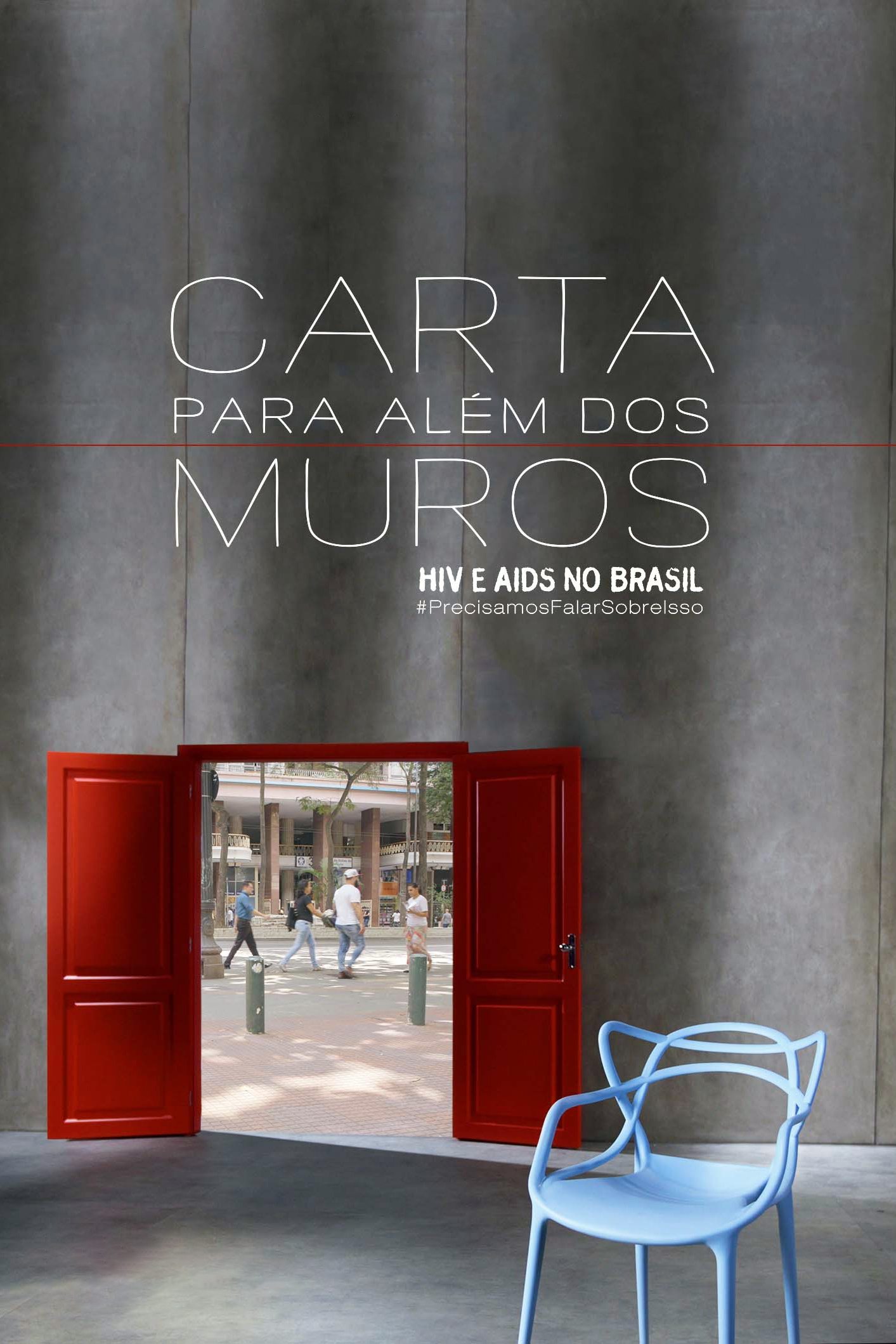
Letter Beyond the Walls reconstructs the trajectory of HIV and AIDS with a focus on Brazil, through interviews with doctors, activists, patients and other actors, in addition to extensive archival material. From the initial panic to awareness campaigns, passing through the stigma imposed on people living with HIV, the documentary shows how society faced this epidemic in its deadliest phase over more than two decades. With this historical approach as its base, the film looks at the way HIV is viewed in today's society, revealing a picture of persistent misinformation and prejudice, which especially affects Brazil’s most historically vulnerable populations.
By browsing this website, you accept our cookies policy.